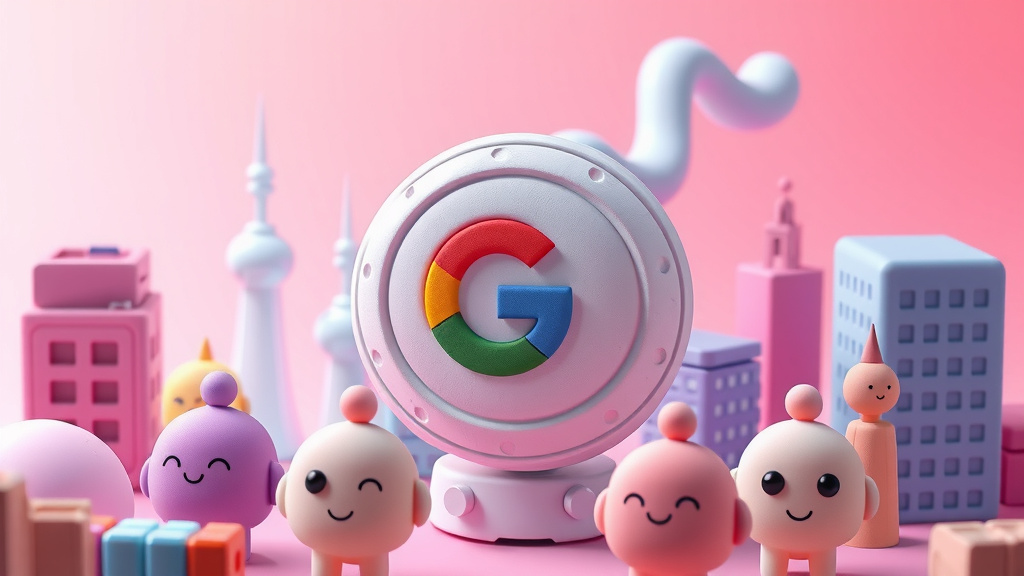The world of artificial intelligence (AI) is rapidly evolving, with tech giants like Google and startups alike pushing the boundaries of what is possible. Recent developments have seen significant advancements in AI capabilities, from improved language models to enhanced security features. However, these advancements also raise important questions about the ethics and safety of AI. In this news brief, we will delve into the latest updates from Google, including its revised AI policies, new AI models, and the potential implications for the industry.
Google's Revised AI Policies
Google has revised its AI policies to be more open to security and defense applications. This shift in stance marks a significant change from the company's previous position, which firmly opposed using AI for military purposes. The revised policies signal a warming up of Silicon Valley to the defense industry, with Google now willing to explore the potential of AI in these areas.
Google's New AI Models
Google has introduced a new class of cheap AI models, including the Gemini 2.0 Flash Thinking Experimental model, which combines speed with advanced reasoning for smarter AI interactions. The company has also released an experimental version of Gemini 2.0 Pro, which provides better factuality and stronger performance for coding and mathematics-related tasks. Additionally, Google has launched a new low-cost model called 2.0 Flash-Lite, which matches 1.5 Flash for speed and price while outperforming it on the majority of benchmarks.
AI and the Promise of Hardware Iteration at Software Speed
The development of AI is not just about software; it also relies heavily on hardware. A recent article highlights the potential of machine learning methods to speed up simulation times by orders of magnitude, improve accuracy, and revolutionize the engineering development process. This could enable hardware iteration at software speeds, allowing for faster and more efficient development of new technologies.
Experts Warn of AI Safety Concerns
Despite the advancements in AI, experts are warning of potential safety concerns. A recent study found that DeepSeek's R1 AI is 11 times more likely to be exploited by cybercriminals than other AI models. The study highlights the need for greater awareness and training on the capabilities and limitations of AI models.
Google's AI Ambitions
Google is on a spending spree, growing its family of AI models this year. The company has announced plans to spend $75 billion on capital expenditures, with a focus on AI infrastructure, research, and applications. Google's CEO, Sundar Pichai, has stated that the company's AI infrastructure buildout and $75 billion Capex commitment for 2025 position it as a dominant player in the AI era.
Key Takeaways
- Google has revised its AI policies to be more open to security and defense applications.
- The company has introduced new AI models, including the Gemini 2.0 Flash Thinking Experimental model and the 2.0 Flash-Lite model.
- AI has the potential to speed up simulation times and improve accuracy, enabling hardware iteration at software speeds.
- Experts are warning of potential safety concerns with AI, including the risk of exploitation by cybercriminals.
- Google is investing heavily in AI, with a focus on infrastructure, research, and applications.
Sources
- Google Is Set To Dominate The AI Era (NASDAQ:GOOG)
- Alphabet’s AI Bet: Google Plans Ads for Gemini Amid Slowing Growth
- Google Gemini's new model is the brainstorming AI partner you've been looking for
- Experts warn DeepSeek is 11 times more dangerous than other AI chatbots
- Kyndryl bundles Palo Alto AI into SASE offer for enterprises
- AI and the Promise of Hardware Iteration at Software Speed
- Google introduces new class of cheap AI models as cost concerns intensify
- The Gemini AI app can now show its thinking
- Google Revises AI Policies: Now Open to Security and Defense Applications
- Google's latest change to its AI policies signals how Silicon Valley is warming up to the defense industry
